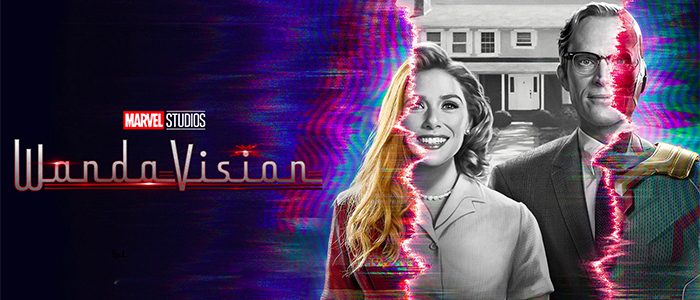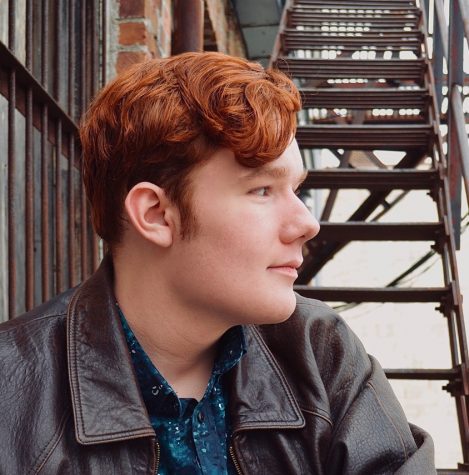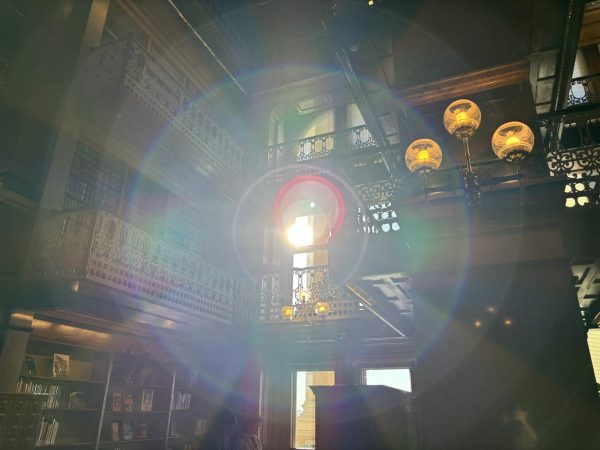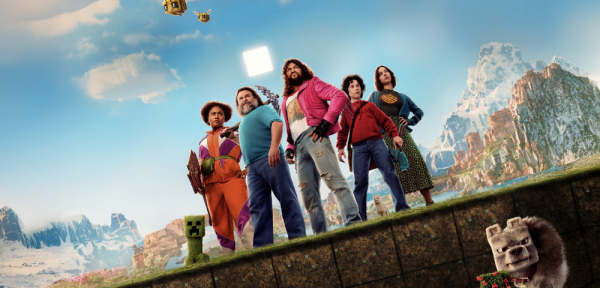Not Quite Familiar: A WandaVision Review
Being Marvel Studios’ first major project in nearly two years, their new show, WandaVision, had some pretty big shoes to fill. After the blockbuster phenomenon Avengers: Endgame and the well-received Spider-Man: Far From Home, fans of the Marvel Cinematic Universe eagerly awaited the next installment of the now 13-year-old franchise. Several movies were scheduled to continue the story, but due to a variety of circumstances involving the COVID-19 pandemic, 2020 became the first year without a new MCU release in over a decade. After a year of delays and disappointment, loyal fans finally received the long-awaited return to the MCU with 2021’s WandaVision.
However, this return wouldn’t exactly be a traditional one. While the Marvel Cinematic Universe has aired television shows on other networks including the likes of Agents of S.H.I.E.L.D. and Daredevil, WandaVison would be the debut Disney+ original television program for the MCU. With the success of The Mandalorian showing promise in Disney+’s original programming, fans of the MCU were eager to see how WandaVision would perform.
The marketing surrounding WandaVision showed fans that they were in for a unique experience. The show seemed to depict multiple eras of American sitcoms spanning from the black-and-white shows of the ’50s and ’60s akin to The Dick Van Dyke Show all the way to the sitcoms of the modern day. Along with its seemingly lively and cheerful presentation, the marketing also depicted a mysterious and sinister undertone that led fans to believe that there was more to this story. Not to mention the fact that the character of Vision was seemingly killed in 2018’s Avengers: Infinity War.
WandaVision aired from January 15th, 2021 to March 5th, 2021. The show was well-received and left fans eager to see Marvel’s future television projects soon to release on Disney+. The mysterious nature of the show and the perpetuation of fan discussions each week shot WandaVision into widespread popularity.
WandaVision’s format as a television show added a lot to the story that couldn’t have been accomplished as successfully in a movie. Excluding the final few episodes, each episode of WandaVision depicted a new decade of sitcom television in chronological order. Certain techniques like black-and-white, smaller aspect ratios, laugh tracks, and intentionally aged special effects created a real sense of authenticity. It made the viewer feel as if they were actually watching a sitcom from that decade. In certain instances, the show creatively breaks the mold of those techniques to service the story. For example, in one of the earlier episodes, which was filmed in black-and-white, Wanda discovers a toy helicopter in full color. The marketing of the show held the implication that whatever was going on in this show was some sort of alternate reality or simulation. This instance of a crack in that facade added a lot of mystery and kept fans speculating for the next week’s episode. WandaVision does a great job of slowly building up and unraveling that mystery in a satisfying way. Without diving too deeply into spoilers, the way that the facade of the show slowly deteriorates acts as an interesting reflection of Wanda’s state as a character.
WandaVision acted as a thoroughly unique and interesting return to the MCU and as a show in general. Marvel Studios has begun to take risks in breaking away from their traditional superhero movie formula, and if WandaVision is any indication, they seem to be taking those risks in creative and interesting directions.
Your donation will support the student journalists of Ames High School, and Iowa needs student journalists. Your contribution will allow us to cover our annual website hosting costs.



























